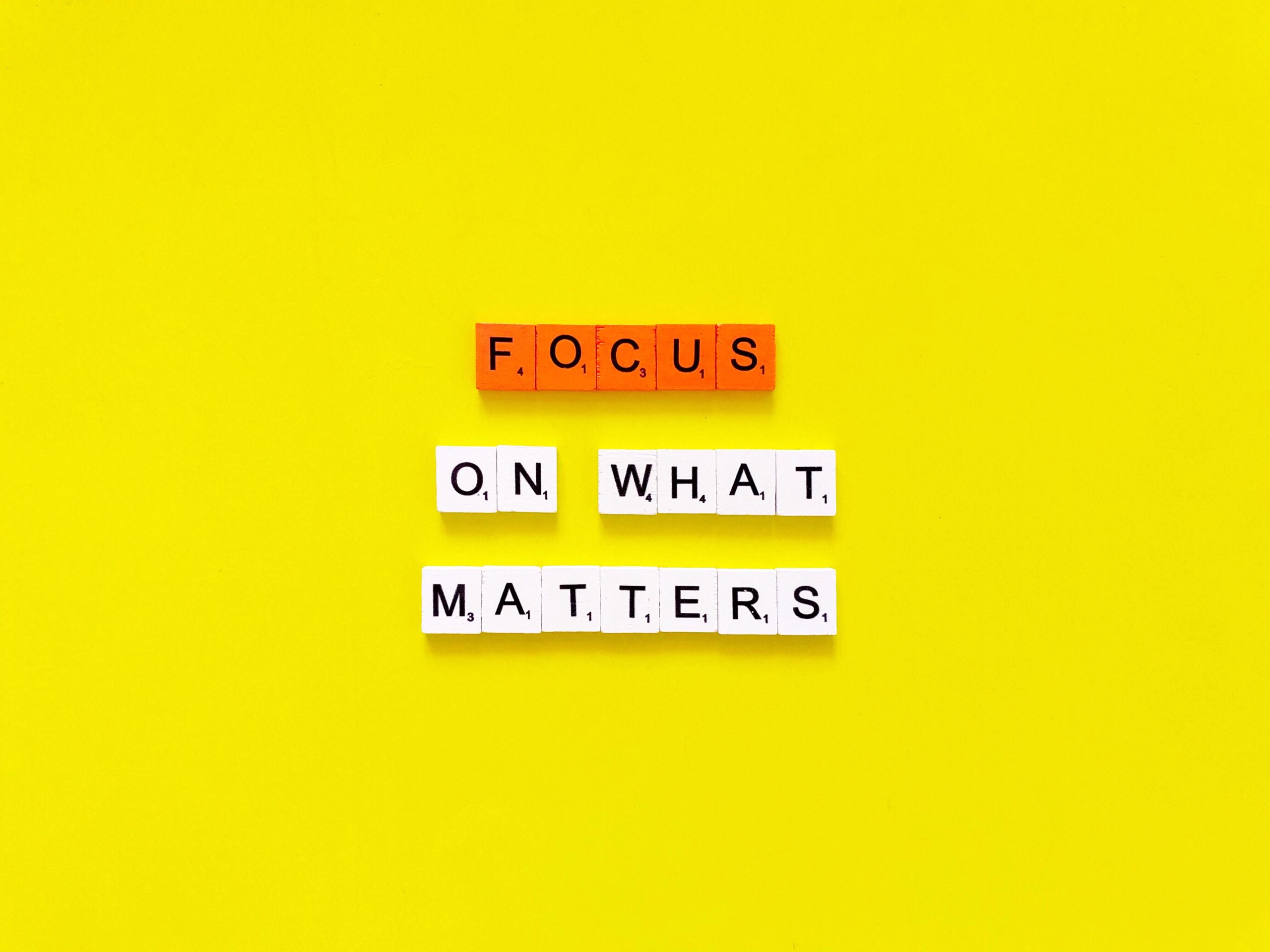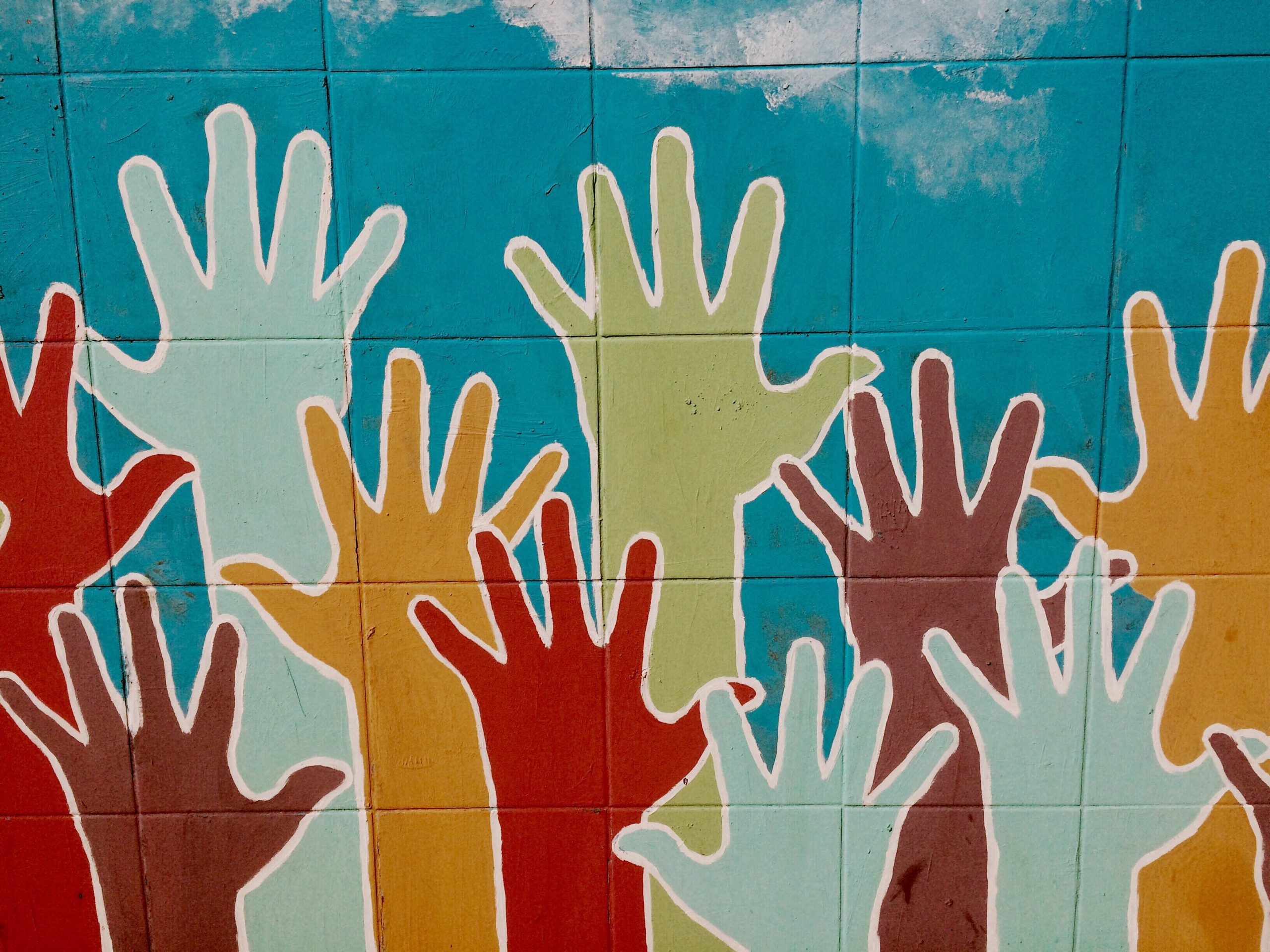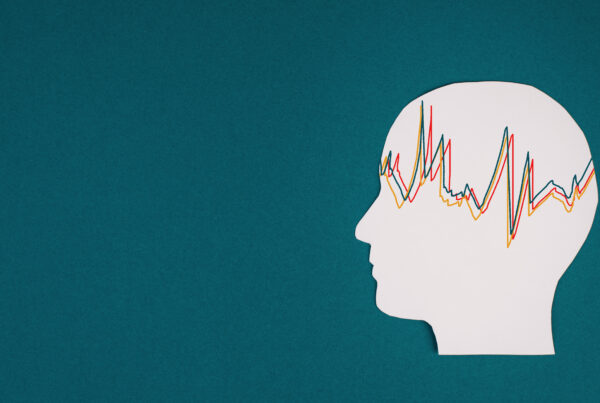I’m an obsessive list maker: my computer screens show daily ‘to do’ lists; I have a running note on the kitchen counter for groceries and shopping; my computer holds a ‘priorities’ list for business development and other investments in my company. And I like to think that before COVID-19 I was pretty thoughtful in how I spent my energy: family first, company second, community third—including voluntarism and philanthropy.
I think—I know—these are still the right order of priorities for my attention. But I am really rethinking the specifics on my ‘to do’ lists!

We are all functioning in a scenario that we know is not sustainable: lost jobs and confusion about which will come back; ‘working from home,’ knowing new rules for interaction are coming. We’re also learning things in this time about the people we love: for parents of school children, there have been revelations about how they learn best; for adults with aging parents, there is enlightenment about the risks inherent in congregate living. We all know this: We are not going ‘back to normal.’ So, how to prepare for whatever is ahead? Well, I am making lists to think about that!
For my family, it is safety first: masks, sanitizer, open spaces, new ways to ‘gather’ and keep in touch. Being creative about all those things is exhausting—but I believe it is the number one priority, for my own mental and emotional health. We can’t force others to comply, but we can role model what we believe will benefit the common good.

As a business owner, we’re trying to start with a blank sheet, understanding our mission and our value proposition: in the world emerging, how best to compete? Our company is dependent on the collaboration of talented people—so getting the ‘office thing’ right is essential, ditto for the ‘technology things.’ Lists of options, experiments, risks and possibilities are under development. And which of our clients’ worlds will be so changed as to re-invent our relationships? It is hard to fight the reflexive notion that there is a ‘normal’ to return to—but essential that we do fight it. “Change or die” may never have been a more essential, literal mindset.
It is my commitments to civic life that keep me awake at night: the massive eco-system of public, non-profit and philanthropic organizations that interact to produce much of what we experience as ‘life in America’ has been under serious strain for many years. This pandemic may be the straw-that-breaks-the-camel’s-back, as the classic idiom observed. Rather than contemplate that with doom, I am dedicated to the idea that we can emerge better, stronger, wiser. That will require some very seismic changes in power, though. How to proceed?
I remember visiting China for the first time twenty years ago with a group of U.S. college presidents who were our clients. We visited with very senior officials there, who were contemplating how to provide college education to their surging population. There was a discussion late one evening, in particular, with an official who talked in remarkably open terms about the challenges of changing their economy without a revolution. The clear-headed and frank way he described both their goals and their risks has stuck with me all those years—it was clarifying in a way American political discourse doesn’t allow.
We need to take on the responsibility for an American response to this challenging time. It has to start with acknowledgement that some priorities have changed. We can do this. Make your lists and bring them into the discussion in the public square






